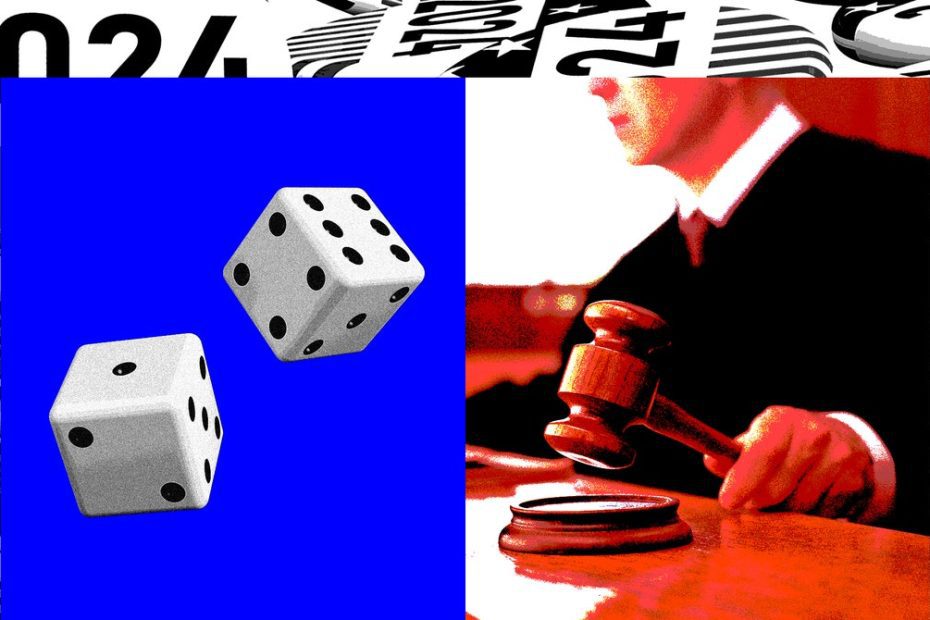A federal judge has cleared the way for election betting in the U.S. for the first time in modern times, overturning a ban imposed on gambling by the Commodities Futures Trading Commission, a financial regulator.
In November, the CFTC was sued in the District of Columbia by New York-based Kalshi, which operates a prediction market that lets users bet on the outcome of everything from the number of recorded cases of bird flu to the number of cars Tesla will produce. Kalshi sued to overturn a CFTC ruling that barred the company from offering bets on whether the Democratic or Republican parties would control both chambers of Congress.
On September 6, Judge Jia Cobb ruled in Kalshi’s favor, overturning the CFTC’s ban. During a hearing on Thursday, the judge denied a motion for a stay intended to give the CFTC time to appeal, meaning betting can now begin.
The debate over whether betting on elections should be allowed in the US has been going on for decades. Currently, the practice is illegal under the laws of several US states, such as Texas and Nevada, but not everywhere.
The CFTC has so far refused to license betting platforms to offer odds on election outcomes, a de facto ban. In May, the agency proposed new rules that would explicitly make election betting illegal, classifying it as a form of gambling – a practice over which it has sole jurisdiction. The proposal was supported by several Democratic senators – including Elizabeth Warren of Massachusetts and Jeffrey Merkley of Oregon – who signed an open letter in August endorsing the CFTC’s plan.
Organizations lobbying against the legalization of election betting argue that the practice would encourage interference by malicious actors. “The American people's confidence in our election system is at an all-time low. The last thing we need is an incentive for people to interfere in the election process,” said Dennis Kelleher, president and CEO of the nonprofit Better Markets. “There can be no doubt that when hundreds of millions of dollars are at stake, people have an incentive to engage in behavior that interferes with elections.”
The CFTC did not respond to questions from WIRED, but in an earlier statement, its chairman, Rostin Behnam, laid out the justification for the ban they had proposed. “Contracts related to political events commodify and ultimately degrade the integrity of the unique American experience of participating in the democratic electoral process,” he said.
But in its lawsuit, Kalshi argued that election-related event contracts — the type of betting instrument at issue — are a valuable tool for companies hoping to hedge against a political outcome that could go against them. The company also argued that data produced by this type of betting activity can be used as a valuable alternative to traditional polls. “You get more truth out of these markets,” argues Kalshi co-founder Tarek Mansour. “They do a better job of aggregating the prevailing wisdom.”

